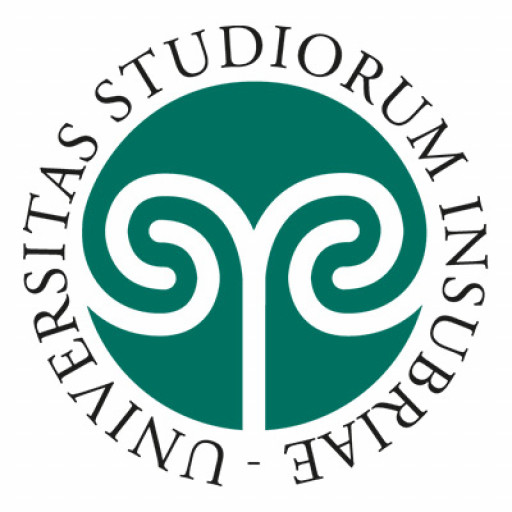Photos of university / #universityofleeds
Advertisement
This programme aims to meet the needs of the fine chemicals, cosmetics, biomaterial, polymers, surface coatings and colorant industries for well-trained, enthusiastic employees having a breadth of practical and academic skills at an advanced level, providing you with advance knowledge and research skills in colour science and in the theory, application and analysis of polymers, fine chemicals and colorants.
The MSc will equip you with skills including planning experimentation and processes, synthesis, characterisation and application aspects, alongside a broad range of generic skills such as problem-solving and communication.
This course aims to meet the needs of the polymer, colorants and fine chemicals industries by producing graduates with advanced knowledge and research skills in colour science and in the theory, application and analysis of polymers, fine chemicals and colorants.
It provides a breadth of practical research and high-level academic skills in planning experimentation and processes, in synthesis and characterisation aspects, and in information technology and communication.
Teaching methods involve a combination of lectures, tutorials, case studies, workshops and contact with relevant industries. The final stage of study is an individual extended research project which is typically carried out within a research group and may also include external industrial involvement.
Modules studied include:
* Advanced Colour Science
* Synthesis and Application of Polymers
* Organic Synthesis for Fine Chemical and Pharmaceutical
* Case Studies in Fine Chemical and Pharmaceutical Synthesis
* Characterisation and Analysis of Polymers, Colorants and Fine Chemicals
* Colour Application Technology
Career option
There are a range of employment opportunities in areas such as fine chemicals manufacture (e.g. colorants, cosmetics, food additives, healthcare products etc.), polymers and polymeric additives (e.g. high performance plastics, biopolymers, medical implants, drugs), colour applications (e.g. textile dyeing and printing, inks and coatings), with companies such as Unilever, P&G, GSK, Clariant, LOreal, Abbott Laboratory, Akzo Nobel, Sun Chemical, and BASF.
There are also opportunities to continue on to PhD study with many projects supported by industrial partners.
Students on the Polymers, Colorants and Fine Chemicals course study the following core modules:
* Synthesis and Application of Polymers
* Colour Application Technology
* Analysis and Characterisation of Polymers, Colorants and Fine Chemicals
* Advanced Colour Science
* Case Studies in Fine Chemical and Pharmaceutical Synthesis
Together these modules will give you a thorough grounding in concepts, information and techniques relevant to polymers, colorants and fine chemicals, as well as introducing you to topics from the research frontier.
In addition you will choose from two optional modules covering Organic Synthesis for Fine Chemical and Pharmaceutical Synthesis, depending on your background knowledge in this area.
The focal point of the course is the extended research project. This project will contribute about 40% of the mark for your degree. Staff will help you to select the project that is right for you, in an area that interests and motivates you. The project will provide you with key research experience to take your career forward. With the core modules behind you, you will be ideally positioned to choose an exciting problem to investigate.
As an MSc student you will receive training in the generic skills that are required for the module including scientific writing and giving oral presentations. You will select your project at the end of the first semester. You will then undertake a guided literature survey before writing an initial report. You then spend a period of time in your supervisors' research laboratory. During the research project, the students have access to the outstanding research facilities that are available in Leeds.
Want to improve your English level for admission?
Prepare for the program requirements with English Online by the British Council.
- ✔️ Flexible study schedule
- ✔️ Experienced teachers
- ✔️ Certificate upon completion
📘 Recommended for students with an IELTS level of 6.0 or below.
Clothworkers' Scholarships
Two available covering full UK/EU tuition fees and up to £5,000 maintenance.
Dyers' Scholarship
Two available covering full UK/EU tuition fees.
Both scholarships are available to UK/EU students only.
We also offer awards of £2,000 to international students of high academic standard.
The deadline for scholarship applications is 31st May each year and candidates will be informed of the outcome during June.











